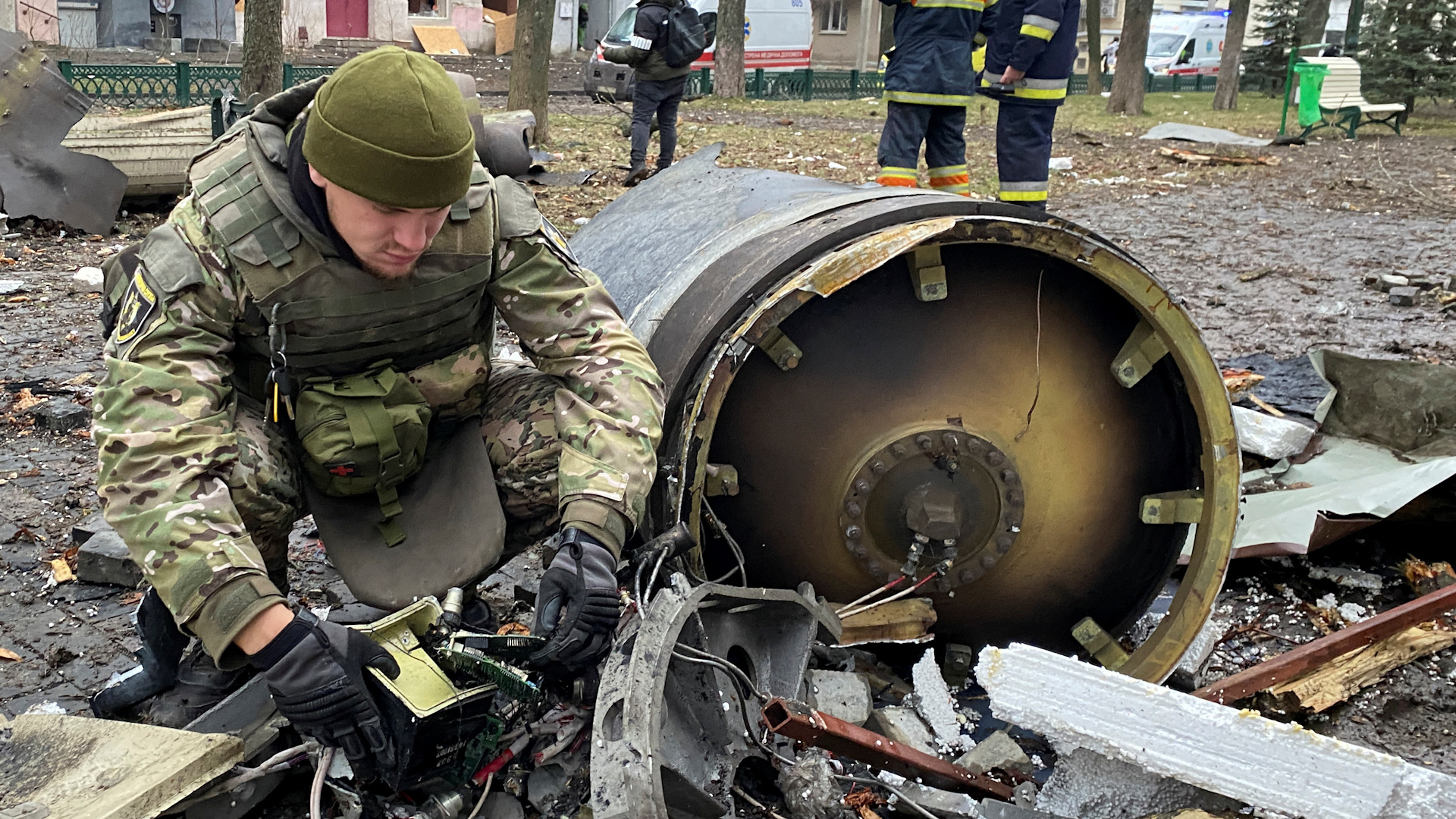
Russia’s escalating aerial assaults in Ukraine fueled by North Korea
By Ryan Robertson (Anchor), William Jackson (Producer), Jake Maslo (Video Editor)
Media Landscape
See how news outlets across the political spectrum are covering this story. Learn moreBias Distribution
Left
Untracked Bias
Russia’s aerial assaults on civilian infrastructure in Ukraine show no signs of stopping as the New Year unfolds. The attacks, escalating in intensity, have resulted in the loss of dozens of innocent lives and left hundreds more injured.

Download the SAN app today to stay up-to-date with Unbiased. Straight Facts™.
Point phone camera here
The White House has expressed heightened concern, revealing that Russia is employing short-range ballistic missiles sourced from North Korea while actively pursuing additional acquisitions from Iran, posing a growing challenge for U.S. officials.
National Security Council Coordinator John Kirby underscored the escalation, noting that the North Korean ballistic missiles being used have an operational range of approximately 550 miles.
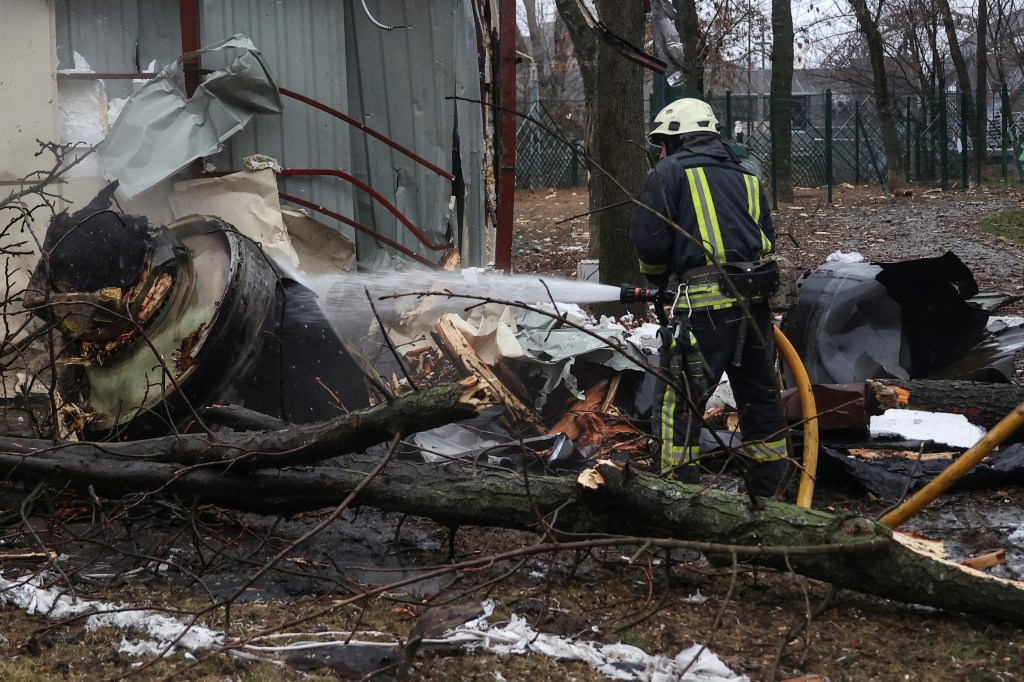
Despite denials from Moscow and Pyongyang regarding any arms deals, Kirby presented new intelligence contradicting these claims. A map was introduced, outlining the alleged trajectory of a North Korean missile initially launched into Ukraine’s fiercely contested Zaporizhzhia region Saturday, Dec. 30.
The first attack targeted an open field, while the subsequent strike was part of a larger offensive.
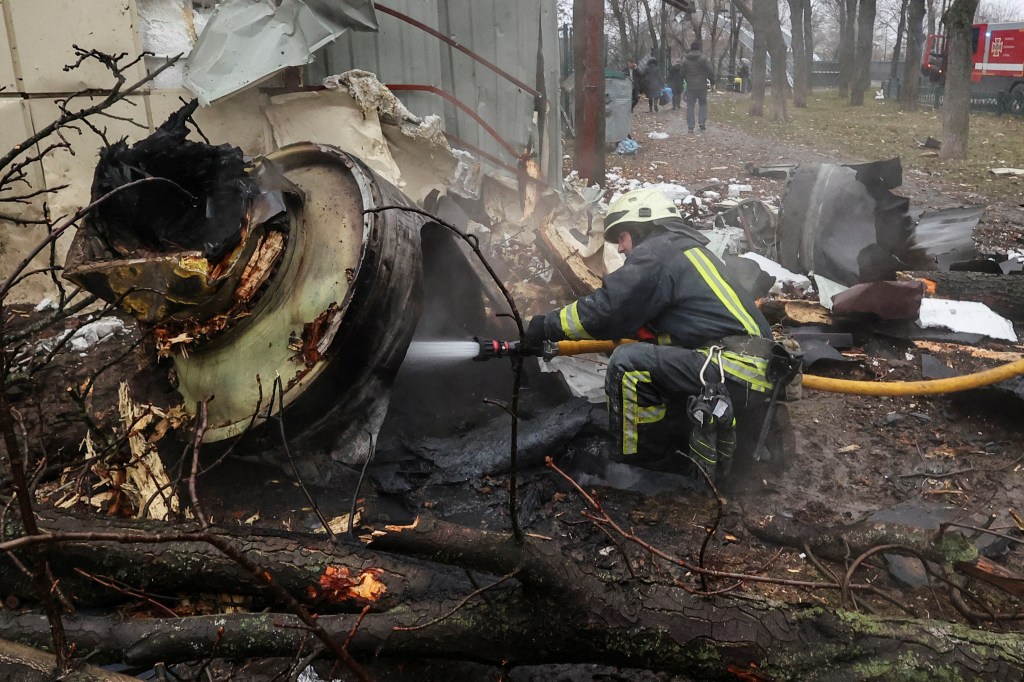
Kirby further emphasized that in exchange for its support, Pyongyang is actively seeking various forms of military assistance from Russia, spanning fighter aircraft, surface-to-air missiles, armored vehicles, ballistic missile production equipment, materials, and other advanced technologies.
These revelations pose multiple challenges for Ukraine and its Western allies. Currently deadlocked on a funding package for Ukraine, the U.S. faces Russia actively fortifying its own supplies despite ongoing international pressure and sanctions.
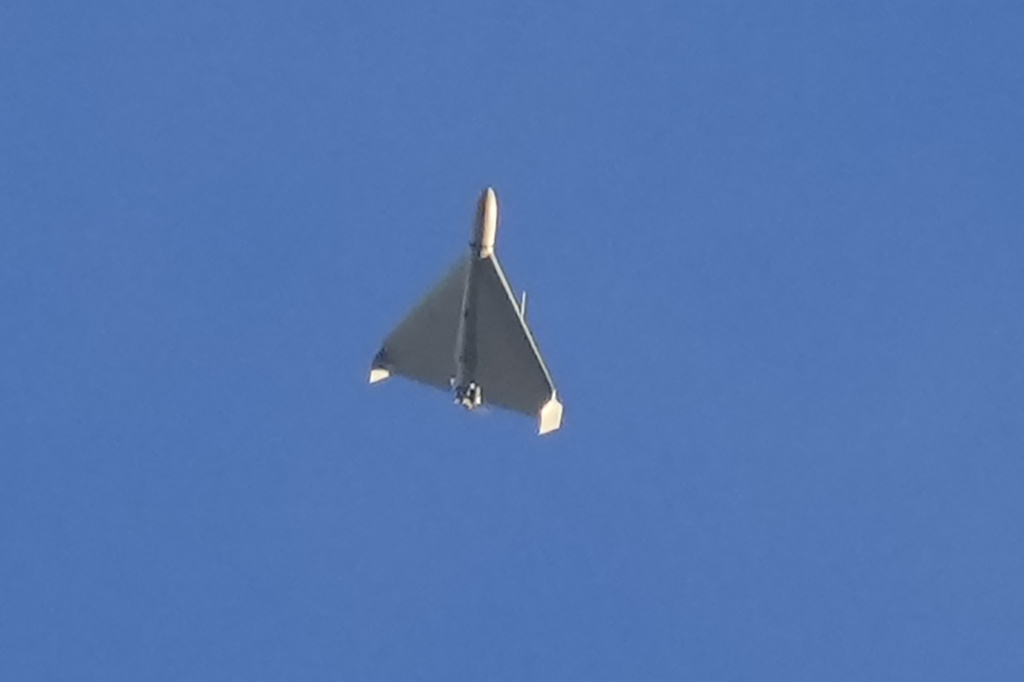
Moreover, the intelligence suggests that Russia is not only advancing North Korea’s missile program but is also actively procuring missiles from Iran. Russia is also collaborating with Iran to manufacture Iranian-designed Shahed drones on Russian soil.
Kirby acknowledged that, at present, there is no evidence to suggest that Iran has delivered short-range ballistic missiles to Russia. However, the United States remains concerned about the ongoing negotiations between Russia and Iran regarding the acquisition of these missiles.
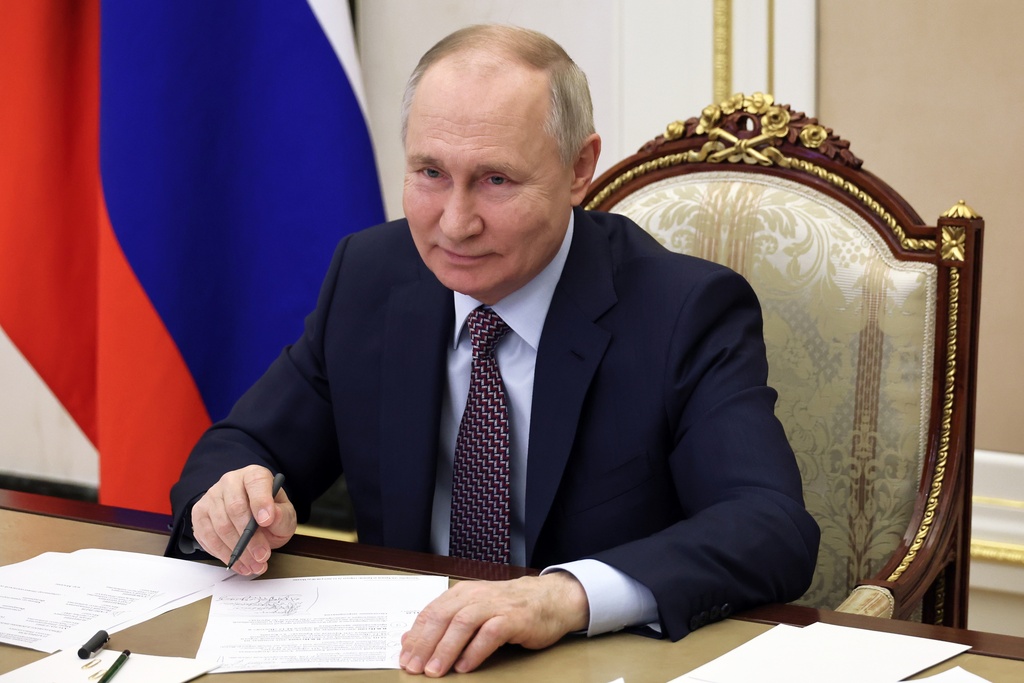
While Russian President Vladimir Putin continues to enhance Russia’s defense industry capacity, Washington and its allies are set to bring up the issue at the United Nations Security Council, highlighting it as a violation of U.S. sanctions against North Korea.
Media Landscape
See how news outlets across the political spectrum are covering this story. Learn moreBias Distribution
Left
Untracked Bias
Straight to your inbox.
By entering your email, you agree to the Terms & Conditions and acknowledge the Privacy Policy.
MOST POPULAR
-
 Getty Images
Getty Images
Democrats in Congress receive lowest approval rating in Quinnipiac poll history
Watch 2:5910 hrs ago -
 Getty Images
Getty Images
AG Bondi reviewing Epstein documents for release, could hold client list
Watch 1:4811 hrs ago -
 Getty Images
Getty Images
Speaker Johnson won’t support DOGE stimulus checks
Watch 2:0612 hrs ago -
 Reuters
Reuters
UN chief reveals his plan for peace in Haiti to Caribbean leaders
Watch 2:1514 hrs ago




